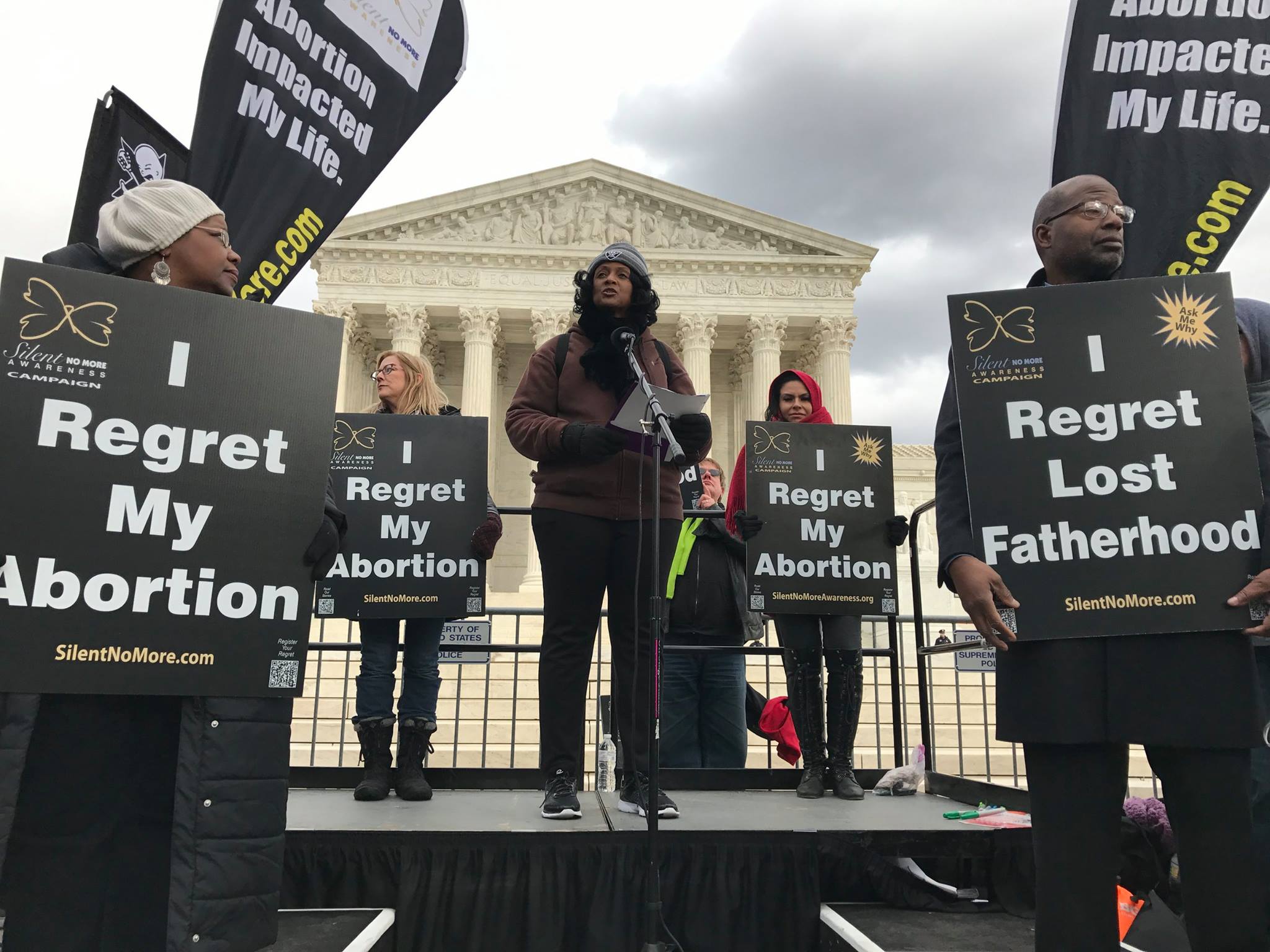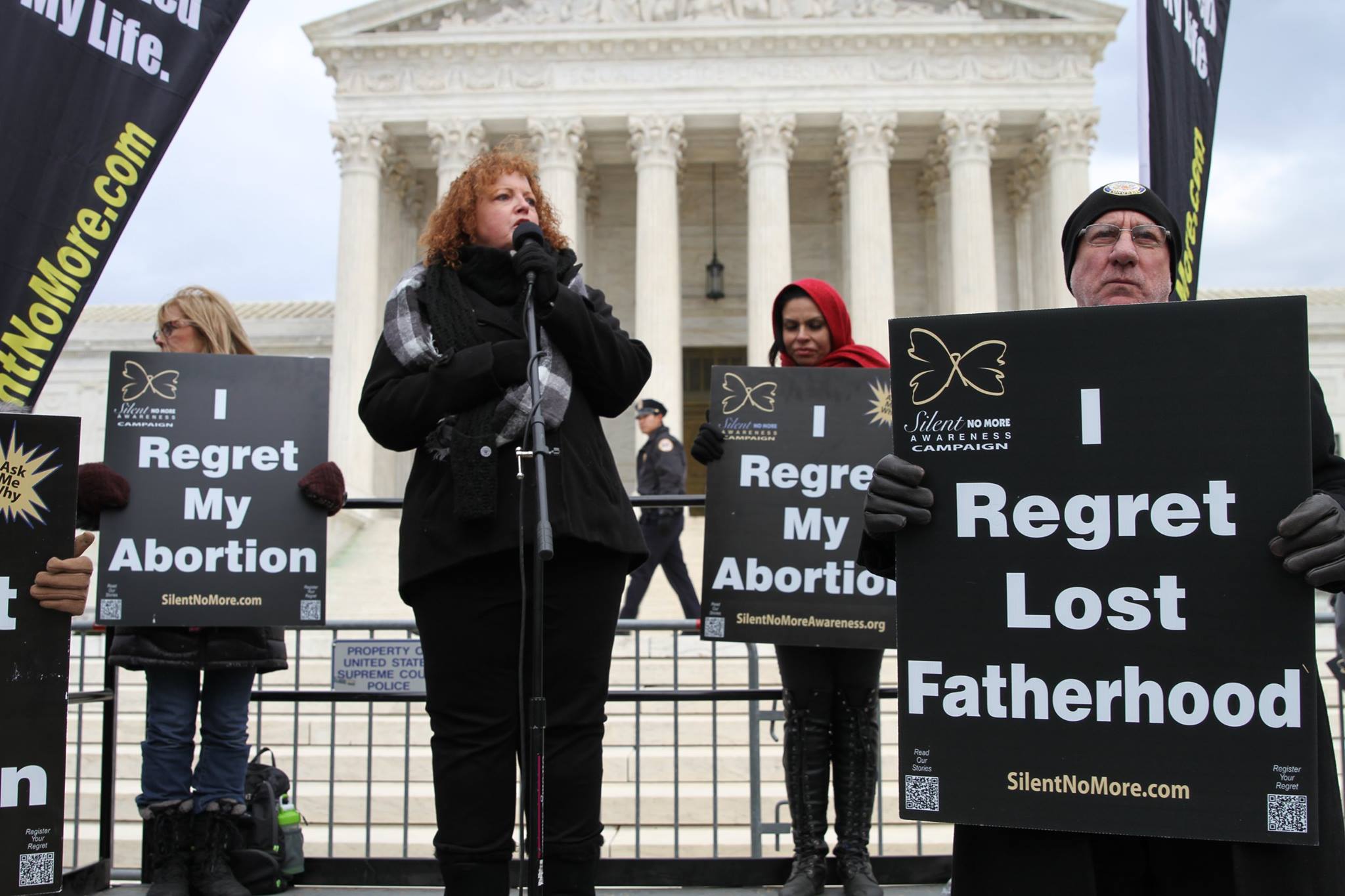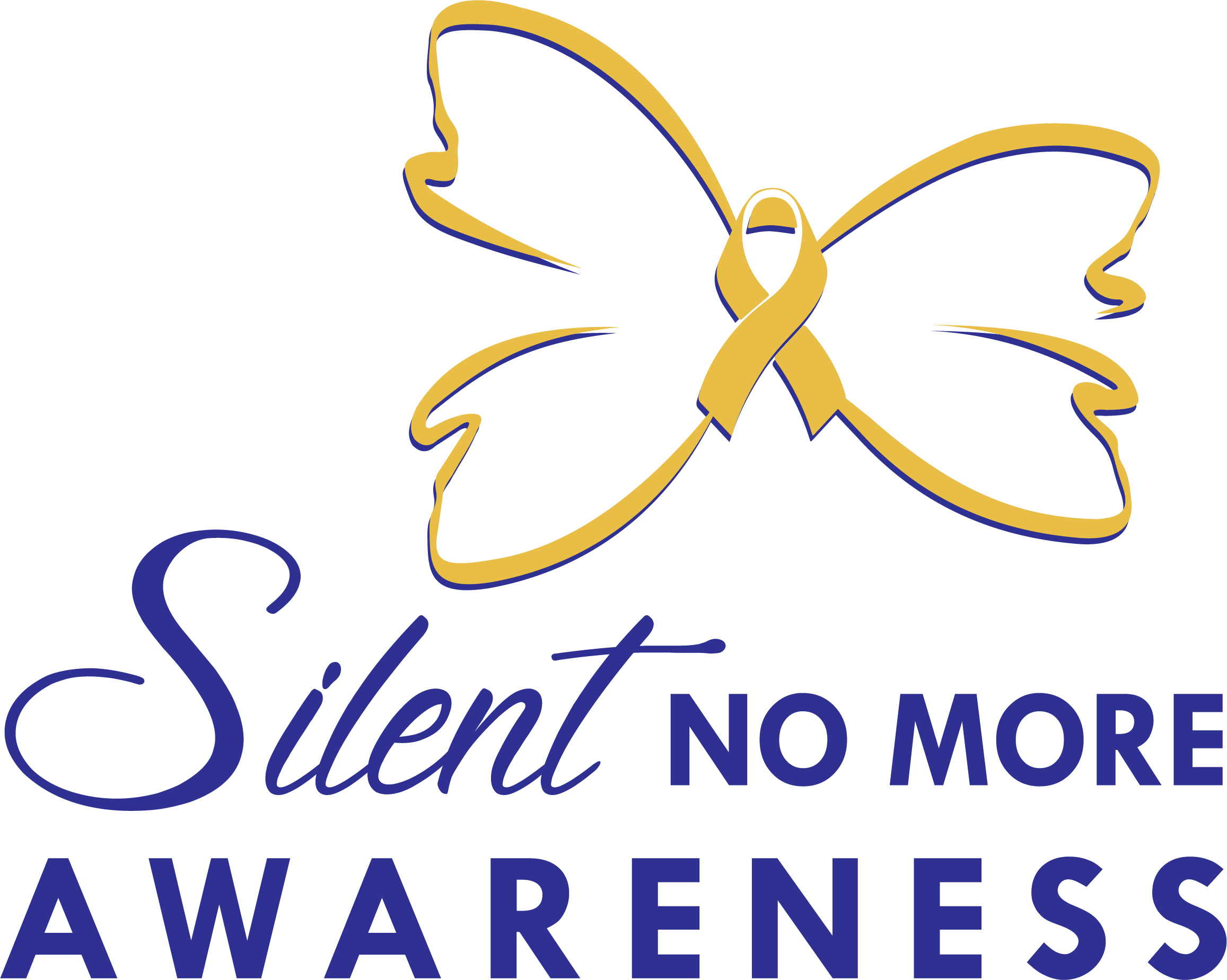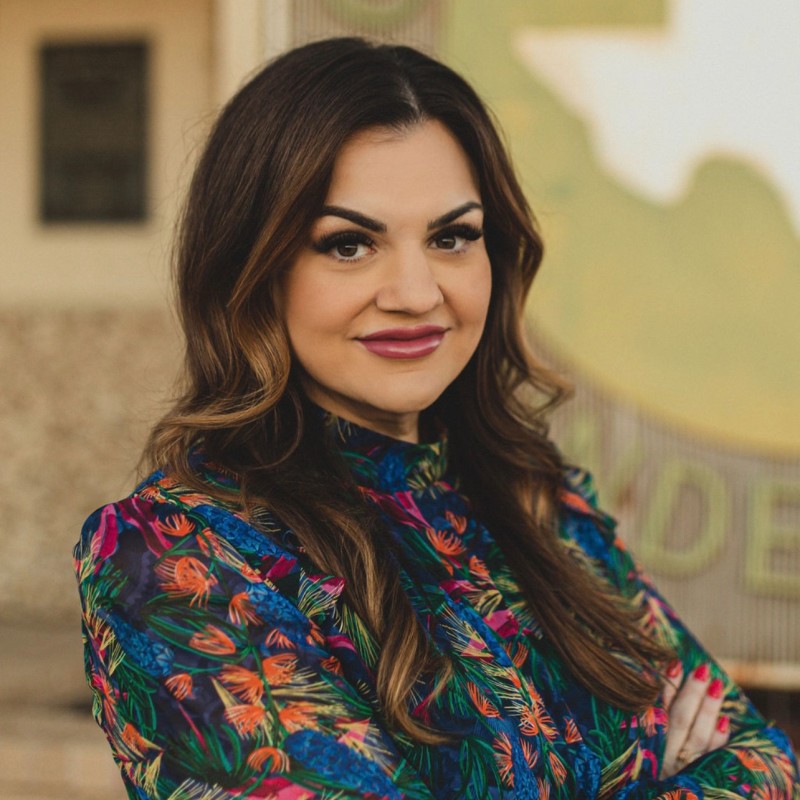Strategy
Counter the lie that using abortion pills is easier and safer than taking Tylenol. Promote the fact that the abortion pill process can be reversed prior to taking the second pill.
Tactics
These are the actionable points that you can use to spread truthful information about the abortion pills.

Share Abortion Testimonies
Dismantle the argument that abortion is a good choice without consequences for women, by listening to and sharing their stories of how abortion changed them.

Discuss the Shockwaves of Abortion
Acknowledge how abortion also impacts fathers, grandparents, siblings, and extended family members by sharing their testimonies.

Outreach to Clinic Workers
Recognize the need for healing for those who provide abortions, the doctors, nurses, and clinic workers. Help them find different jobs, leaving clinics understaffed so they cannot perform abortions.
About Abortion’s Other Victims
To help raise awareness about the impact abortion has on women, men, and others, Anglicans For Life, in partnership with Priests for Life, sponsors a special campaign called Silent No More Awareness Campaign. The Campaign has 3 goals:
- Reach out to people hurt after abortion, encouraging them to attend abortion after-care programs.
- Educate the public that abortion is harmful emotionally, physically and spiritually to women, men and families, so that it becomes unacceptable for anyone to recommend abortion as a “fix” for a problem pregnancy.
- Share our personal testimonies of hurt and healing to help others avoid the pain of abortion.
Silent No More’s website features over 3,000 testimonies from those who have suffered shame, grief, and guilt for years, and have found peace and forgiveness through abortion after-care programs. There are more than 25 programs serving women and families nationwide.
The fact that part of healing includes grieving and acknowledging the aborted child, reinforces the truth that it is a baby who dies in an abortion. The greatest blessing of the Campaign and healing programs is that they are Christian based, so evangelism is woven into the healing and forgiveness experienced.
Tactic #1: Share Abortion Testimonies
Abortion is a traumatic experience, and afterwards, many women struggle with physical, emotional, and spiritual pain. Sadly, the cultural debate about abortion often makes women feel either ashamed or that they are over-reacting about their abortion. This is why many try to bury or deny their feelings or become promoters of abortion, so others make the same choice, and affirm their decision. Abortion aftercare programs help women grieve their child and find God’s forgiveness.
Abortion testimonies reveal that abortion carries with it a wide range of detrimental, long-term physical and mental-health consequences. Heartbeat International surveyed women with an abortion experienced and found:
- 92% Experience emotional deadening (described as either feeling less in touch with their emotions or feeling a “need to stifle their emotions”)
- 86% Feel an increased tendency toward anger or rage (48% reported they became more violent when angered)
- 86% Have a fear of others learning of the abortion or a greater sense of fear for unknown reasons.
- 82% Experience intense feelings of loneliness or isolation
- 75% Report less self-confidence.
- 73% Report some sexual dysfunction (Increased pain during intercourse, promiscuity, frigidity, or loss of pleasure)
- 63% Experience denial (Respondents were asked, “Was there a period of time when you would have denied the existence of any doubts or negative feelings about your abortion?” Of those responding yes, the average period of denial that they reported was 5.25 years.)
- 58% Suffer from insomnia or nightmares.
- 57% Express difficulty in maintaining or developing relationships.
- 56% Experience suicidal feelings.
- 53% Increase or begin using drugs and/or alcohol to deaden the pain.
- 39% Report eating disorders that began after the abortion.
- 28% Actually attempt suicide.
The Charlotte Lozier Institute recently surveyed pregnancy centers where women can attend abortion healing programs, and in 2022, 19,383 women sought abortion after-care support to help them cope after their abortion.
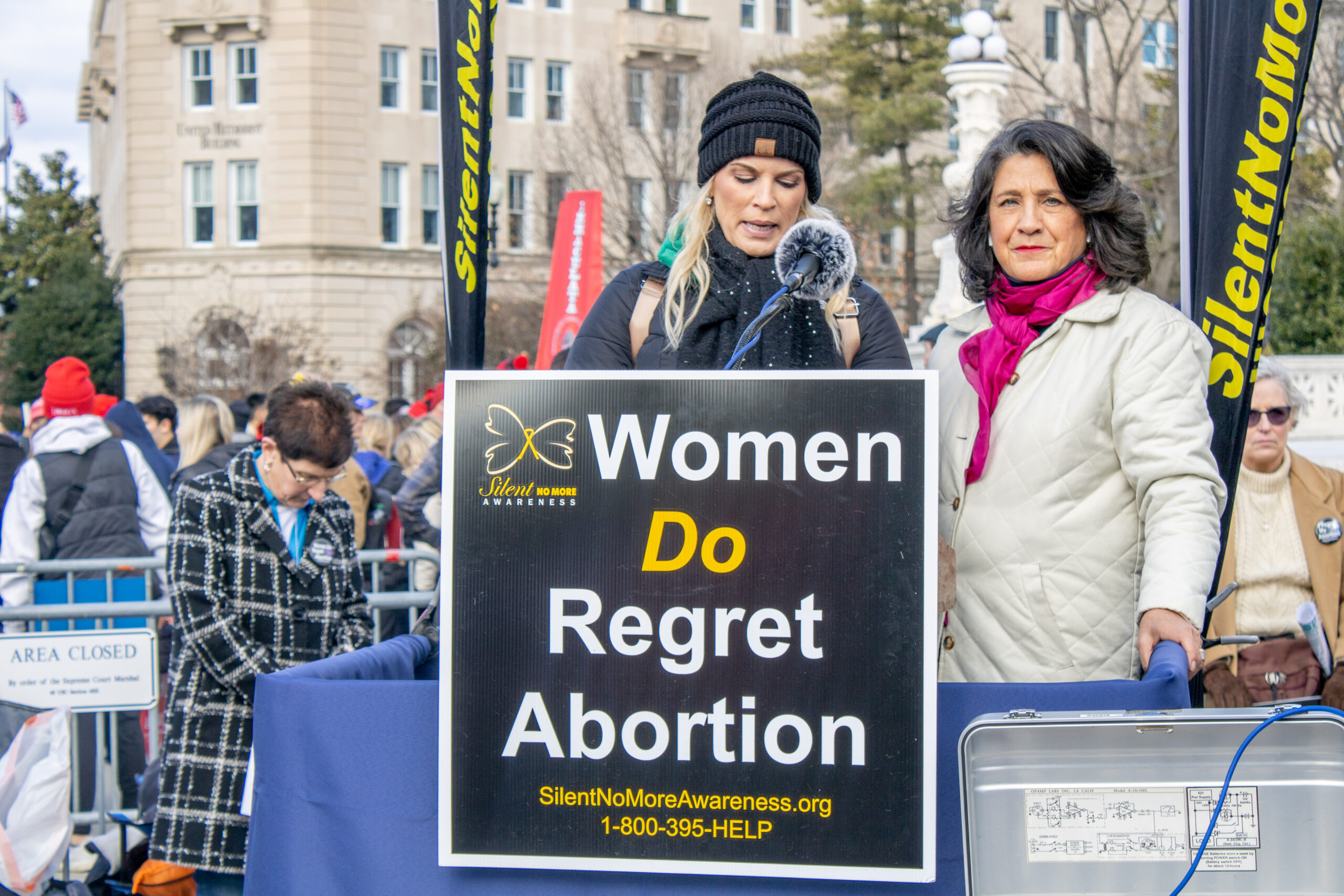
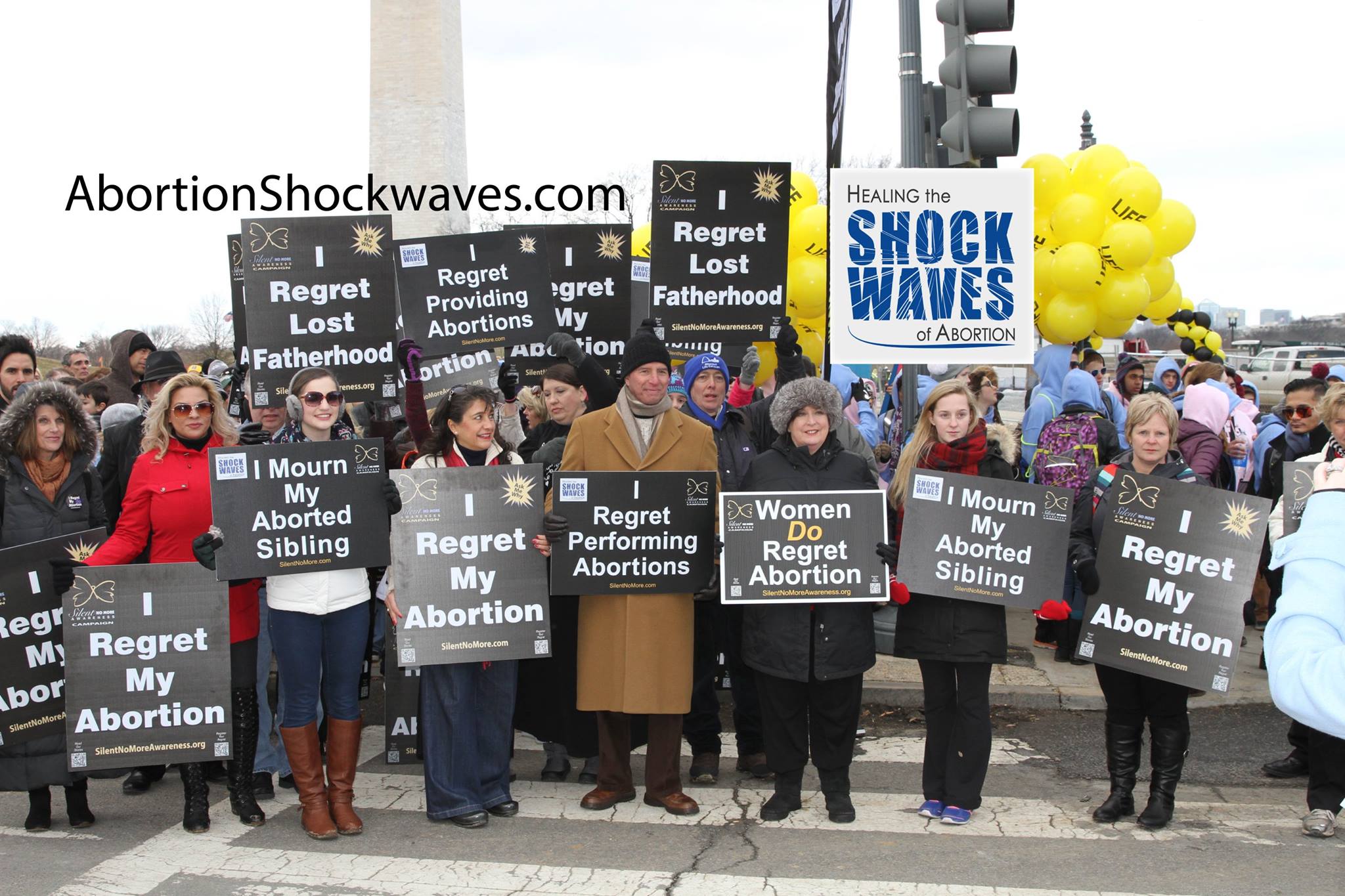
Additional Resources/Links
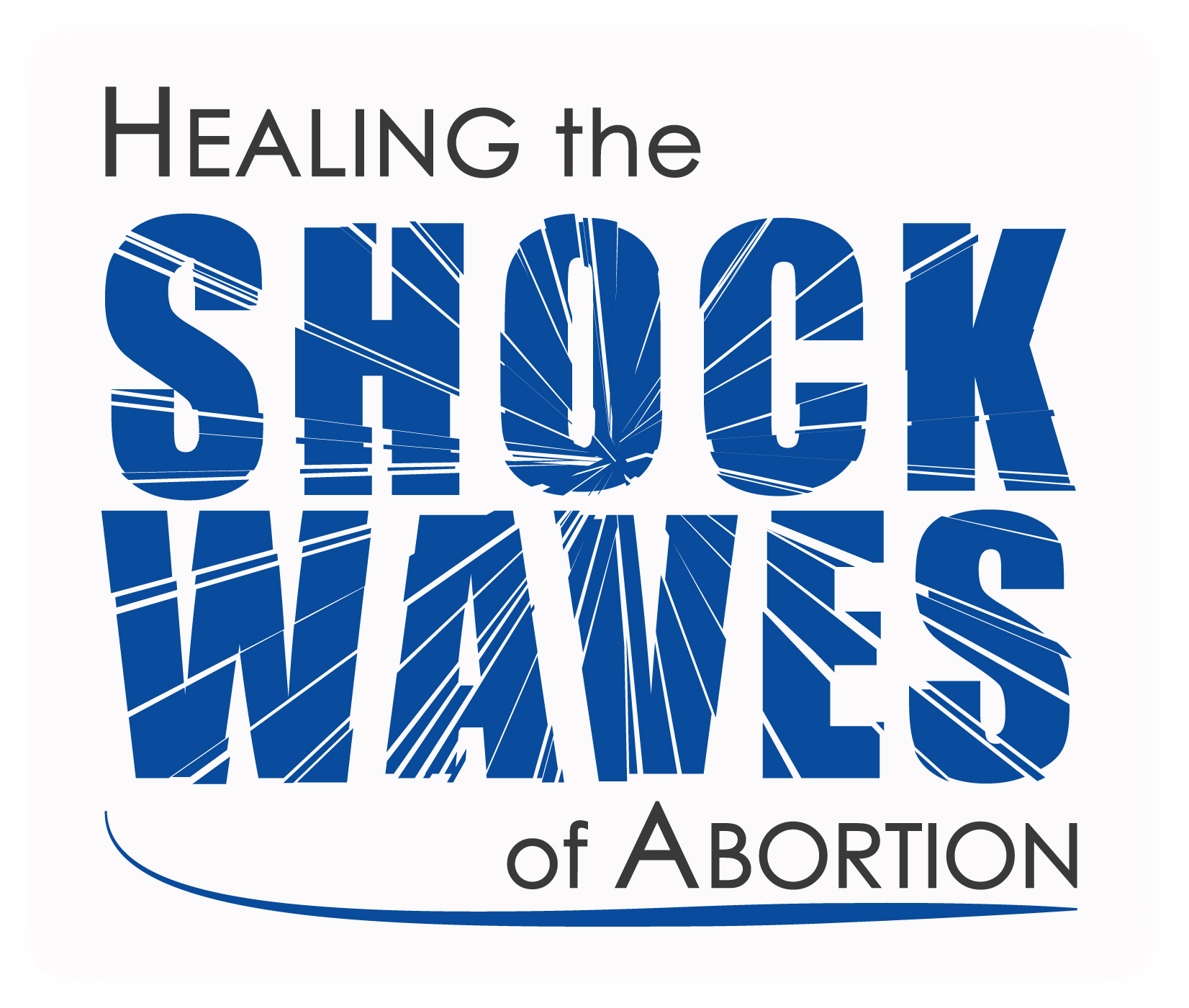
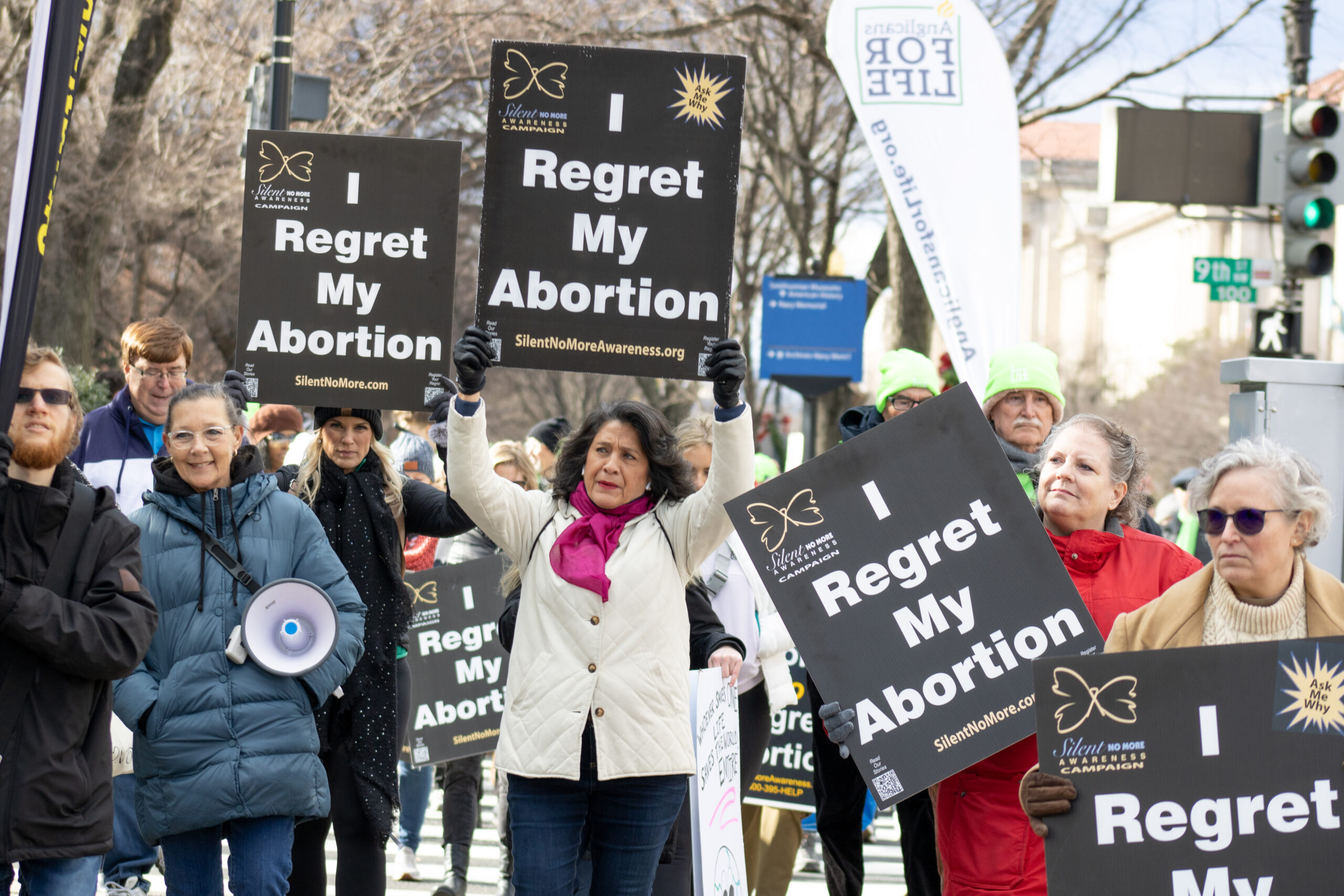
Additional Resources/Links
Tactic #2: Discuss the Shockwaves of Abortion
Abortion is like an earthquake whose violent shockwaves unsettle the earth for hundreds of miles around. The loss of one child to abortion impacts everyone involved; the mother and father, the grandparents, the siblings, family and friends, even the abortion clinic workers and abortionists themselves.
To repair the damage that abortion has sent rippling through our society, the Silent No More Awareness Campaign launched an initiative called Healing the Shockwaves of Abortion. The initiative seeks to give a voice to all who have been hurt, all who regret the abortion they took part in, and all who mourn the loss of each innocent child.
Starting with men, we need to help people understand how abortion effects them. An internet based survey of men conducted in 1999 had 65 responses of fathers whose child died by abortion, 57 of them reported grief and sadness, 54 felt anger and 54 had relationship problems, 52 had persistent thoughts about the baby, 49 had guilt, 40 felt confusion about the male role, were sad at certain times of the year, had sexual and sleeping problems, and 31 reported alcohol/drug abuse. Helping men find healing is critical to ensuring they can move forward as men and fathers.
Grandparents are often directly impacted by an abortion loss, but rarely are acknowledged when we consider the complicated grief associated with abortion. Grandparents need to hear a confirmation that they suffered the loss of a grandchild and, depending on their role in the event, may have some unresolved feelings of grief, guilt, and anger from this loss.
Sibling survivors constitute another groups who can experience grief. These people have had a sibling aborted before or after they were conceived. That loss can bring a profound sense of emptiness, anxiety, and guilt to the surviving sibling, and also complicates his or her relationship to his or her parents. Sibling survivors struggle to understand their value as a human being in light of their siblings’ lives discarded through abortion. This is an extremely important and rarely discussed example of the collateral damage from the abortion blast.
Testimonies, blogs, prayers, and healing resources for these people and others can be found on the Shockwaves website. Sharing the width and breadth of how abortion impacts people can help society understand there are many victims from a single abortion.
Tactic #3: Outreach to Clinic Workers
Apart from the mother who experiences the abortion, this is the population most intimately involved in the abortion decision and procedure. The clerical and administrative workers, the counselors/social workers, the medical staff who analyze and dispose of the unborn child’s body; the nurse who provides medication, the abortion doctors who performs the procedure all have a direct hand in the death of the child.
These individuals have been profoundly wounded and need deep healing. They need help to walk the difficult path of re-humanizing the children they killed, by re-humanizing themselves. Abby Johnson, a speaker at AFL’s Life SUMMIT 2024, previously served as an executive director of a Planned Parenthood Clinic and now leads a ministry to clinic workers called “And Then There Were None.” She has a movie coming out in the spring of 2024 titled, Unthinkable, which will feature clinic workers. Hosting a group to view this movie can help people understand the evil abortion perpetrates on those who participate in it.

